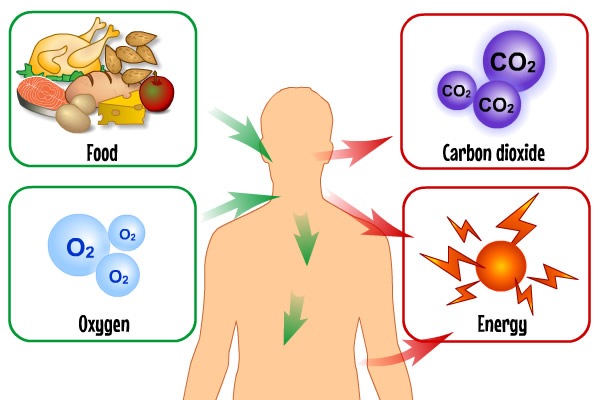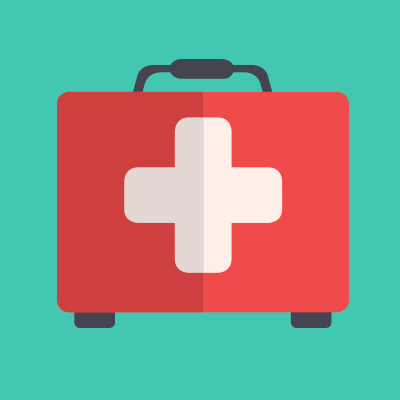The World Health Organisation definition of Body Mass Index (BMI) is a simple index of weight-for-height that is commonly used to classify underweight, overweight and obesity in adults. It is defined as the weight in kilograms divided by the square of the height in metres.
Your normal diet and your Body Mass Index.
- If your Body Mass Index is 30 or more it would be helpful to aim for gradual weight loss.
- If it is between 20-25 then carry on with a varied healthy balanced diet for weight stability.
- If it is 20 or less you may want to increase your energy intake especially if you are keeping active to support weight stability/ weight gain. Some people with asthma may be under nourished as a result of the illness.
Use the BMI calculator to find out your own Body Mass.
Maintaining a healthy body weight is recommended. To assess your nutritional status it would be helpful to calculate your BMI and consider discussing with a health professional if you have had any recent weight changes. Use the BMI calculator to check if you are underweight, overweight or obese.



 Often, the following items need to be approved in advance of flying:
Often, the following items need to be approved in advance of flying:



